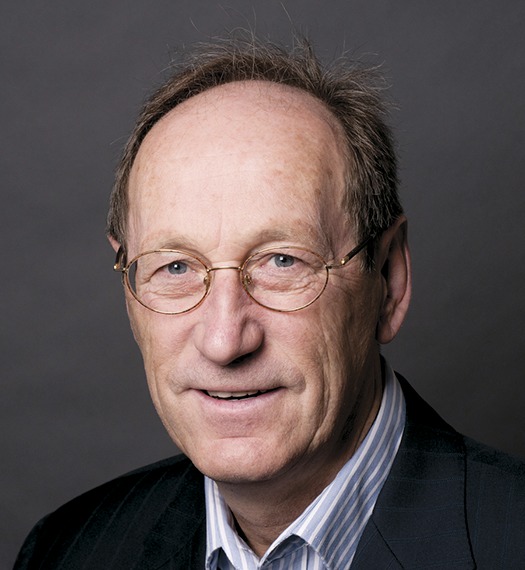
This month, we read in Canadian Family Physician that family medicine residents are receiving less-than-optimal palliative care training. In their study of first- and second-year residents (page e577), Mahtani et al conclude that “Contrary to intentions, palliative care education for FMRs [family medicine residents] might disengage them by reinforcing a notion that palliative care is a specialized area of medicine.”1 This conclusion is troubling to say the least. The study was conducted using a small sample of residents who were all working in the same setting. Therefore, caution must be exercised in interpreting the findings, and it would be premature to say that they apply to all palliative care training settings. However, this study does strike a chord, raising doubts about the training that family medicine residents are offered.
These findings are all the more troubling because a number of surveys indicate that family physicians are also not interested in providing home care. According to the 2010 National Physician Survey, only 42.4% of family physicians reported that they offered their patients housecalls and, according to the 2012 National Physician Survey, only 37.6% of residents reported that they planned to offer housecalls as part of their medical practice.2 In other words, most family physicians and family medicine residents do not care for their patients in the home and have no plans to do so. That is quite a finding!
How can this be true?
How is it possible to be a family physician who espouses the 4 principles of family medicine but refuses to visit patients at home when they are too sick to come to the office? How can we say that “family medicine is a community-based discipline”3 or that “the family physician is a resource to a defined practice population”3 if we refuse to provide care to patients in their homes—especially end-of-life care?
Perhaps family medicine is the sick patient. Perhaps the principles of family medicine have become words meant to impress.
Few residents plan to visit their patients at home and, instead, many are planning to build focused practices. Once again, according to the 2012 National Physician Survey, almost 30% of family medicine residents plan to have specialized practices (defined as more than 50% of practice time) and many plan to focus on emergency medicine.2
When 30% of the graduates of a training program that was designed to turn out general practitioners decide, instead, to become physicians with specialized practices, we need to ask ourselves whether this program is working—whether it is effective and efficient. Make no mistake: most of the family physicians who opt for specialized practices end up as specialists in this area of practice, becoming family physicians in name only.
Could the College of Family Physicians of Canada be contributing to this problem with its certificates of added competence? It is as though the College were dedicated to training family physicians but also to supporting the emergence of mini-specialities within its own organization.
It is commendable when a family physician develops an interest in a particular domain of care. It is also perfectly reasonable that, as a family physician ages, he or she might wish to have a restricted practice that does not include on-calls, obstetrics, or emergency medicine. This is perfectly normal and no one would object. Society accepts and understands that older family physicians are no longer capable of every task. But what does it mean when a family medicine resident decides, after several years of university and 2 or 3 years of residency, to build a medical practice dedicated to aesthetic medicine, phlebology, or psychotherapy? Of course, residents are free to make these choices if they want to, but should we still be referring to them as family physicians? I think not!
The more time passes, the more family medicine seems to erode. Where we once had family physicians, increasingly, we seem to have emergency physicians, hospitalists, intensive care physicians, and even palliative care physicians.
It’s time that we gave this some thought.
Footnotes
Cet article se trouve aussi en français à la page 1030.
References
- 1.Mahtani R, Kurahashi AM, Buchman S, Webster F, Husain A, Goldman R. Are family medicine residents adequately trained to deliver palliative care? Can Fam Physician 2015;61:e577–82. [PMC free article] [PubMed] [Google Scholar]
- 2.National Physician Survey. National Physician Survey results. Mississauga, ON: College of Family Physicians of Canada; 2014. Available from: nationalphysiciansurvey.ca/surveys Accessed 2015 Nov 5. [Google Scholar]
- 3.College of Family Physicians of Canada [website]. Four principles of family medicine. Mississauga, ON: College of Family Physicians of Canada; 2006. Available from: www.cfpc.ca/principles Accessed 2015 Nov 5. [Google Scholar]


